Qaisra Shahraz Interview, Part Two
Part two of Qaisra Shahraz interview. You can find part one here.
Apart from you novel Revolt, ‘A Pair of Jeans & other stories’ was published earlier this year. Can you tell us something about it?
I am delighted that this year I have had a collection of short stories published as an e book, entitled ‘A Pair of Jeans & other stories’
This collection of 8 stories contains ‘A Pair of Jeans’ the very first story I wrote and which has now become internationally popular. It contains the first batch of my stories from the 80s dealing with cross cultural issues as well as those set in Pakistan and other countries. And a recent one called ‘Escape.’
How do you combine the different roles you have in life?
I am self-employed and enjoy being able to organize my year the way I want it. My two careers in education (inspecting) and writing (novel and scriptwriting), combined with close knit family life with 3 sons and siblings, keep me very busy. I find myself forever changing roles on a daily or weekly basis.
Could you give us an example of an average day in the life of Qaisra?
My life is plotted out on a weekly basis depending on my different roles and commitments. If it is an inspection week in a college or a university I am normally away from home in other cities. The working day starts early, from 7am until midnight. I am busy with lots of meetings, observations of activities, reading of various documentations and gathering, recording of evidence and writing up of inspection reports. If I am leading an inspection then I have to support and supervise the work of the team members.
If I am at home I try to get a short spell of writing in the morning, followed by lots of admin tasks related to my inspection work or literary tours or tweeting. In the afternoon, I am busy with household chores, cooking meals, meetings, reading, or a zumba class and checking of emails. By 6pm I travel to my father’s home 5 miles away to spend time and have a meal with him. I return home by 9pm and am busy till 1am. It’s my time to catch up on editing of manuscripts, tweeting, connecting with friends as well as watching TV movie with my family and the odd Indian drama serial.
Then there are the ‘Tour weeks’ with personalized packed schedules. I do a lot of travelling these days to many countries, attending literary festivals, book fairs, offering university lectures or launching my novels in different languages. I have just come back from AP Writers conference in Bangkok. I will be travelling to several countries in the new year for more writing related tours and activities.
What does multi-cultural mean to you personally, and in writing? How does the current climate affect you as a Muslim writer? (example, in Revolt the Boston bombings are mentioned)
The term means a lot to me. It defines me as a person; someone with multiple identities and who is able to identify with different countries, cultures, customs and languages. I find my multiple identities such an enriching experience. I am forever promoting and celebrating other cultures and faiths in my work in education, in writing and role as trustee of a Multi Faith Centre and executive member of the Muslim Jewish Forum of Manchester.
In the current climate where Muslims are facing a lot of animosity towards their faith has made Muslims like me both defensive and defiant. Defensive about having to defend our faith. Defiant, because I resent the fact that the actions of deranged minds and criminals are used to tarnish all Muslims as terrorists. I am now beginning to speak up quite assertively on this matter, wherever I can, including in Germany where students and teachers are studying my story ‘A Pair of Jeans’. This is what I say to them, ‘I love my faith. I am proud to be a Muslim but I am not a terrorist’ I am hoping that this sort of intercultural and interfaith dialogue helps to raise awareness amongst non- Muslims and enables them to better connect with ordinary, peace abiding millions of Muslims around the world, including in America and the UK.
People continue to view Islam as oppressive for women, arranged marriages, wearing the veil etc, do you feel your writing manages to change these views? What types of responses do you get? (from Muslims themselves as well as non-Muslims)
I am very much aware of and sensitive to these stereotyped views. Yes, I definitely use my literature, my writing as a platform to promote a better understanding of Islam and the Muslim world at large. In particular to combat the negative images that are often hogging western news headlines about Muslims. I hope that through my work the audience, readers and listeners can gain a better understanding of issues relating to Islam and the Muslim world at large. My first novel The Holy Woman, set in 4 Muslim countries, was aimed at presenting the everyday lives of Muslims to non-Muslim readers, so that they can learn about a number of issues including about the veil.
You come from a culture that, from Western perspective, has limited the influence and visibility of women. Are we mistaken? Is that a generalization? How is it that you’ve done so much and reached so far?
Yes I am aware of this ‘generalized’ western perspective. And yes, women might not appear to be so visible compared to the western contexts. However that does not mean all Muslim women are ‘invisible’ – that’s a downright insult, as Muslim women are often very active members of their communities and households around the world. At times I get fed up of these stereotyped myths. In The Holy Woman I explore the issue of the ‘hijab’, the veil, forever a topic of fascination in the western world and seen as a tool of oppression. In reality thousands of Muslim women are wearing it as a symbol of freedom – freedom from vanity.
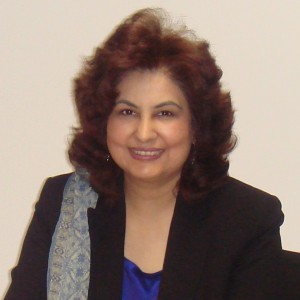 I am very much interested in women’s lives. Over the last few years I have interviewed many women in other countries; in India, Indonesia, UK, Singapore on a number of topics. What I learnt is that each woman is unique and is a product of her world; home, generation, class, education background and social environment, in which she has been raised in. And I can assure you that after taping 35 hours of recording of interviews I have found – no Muslim woman fits into any ‘generic box’.
I am very much interested in women’s lives. Over the last few years I have interviewed many women in other countries; in India, Indonesia, UK, Singapore on a number of topics. What I learnt is that each woman is unique and is a product of her world; home, generation, class, education background and social environment, in which she has been raised in. And I can assure you that after taping 35 hours of recording of interviews I have found – no Muslim woman fits into any ‘generic box’.
I have worked hard in both my two careers. In particular I am dedicated to raising awareness about women’s issues either through my writing or work in Adult education, by promoting the importance of literacy and education for women. Malala and her plight has recently placed a focus on this well. I never allow myself to forget however that I owe a lot to my British and Western upbringing and the support of my family. As a woman I have benefited from the freedom, the education and work opportunities that are widely available to me living in England as a British woman.
What can we expect of Qaisra in the near future?
There is a new collection of short stories Train to Krakow & other stories due to be published next year. I am still working on my 4th novel, provisionally called the The Henna Painter and parts of my 5th novel, accidentally started, named Silence.
—
Find out more about Qaisra on her website www.qaisrashahraz.com Follow Qaisra on twitter @Qaisrashahraz
Her book Revolt can be bought here
Links to her other novels: Typhoon , The Holy Woman and A pair of Jeans
Category: Contemporary Women Writers

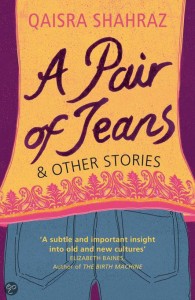
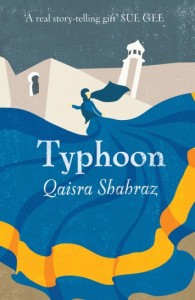



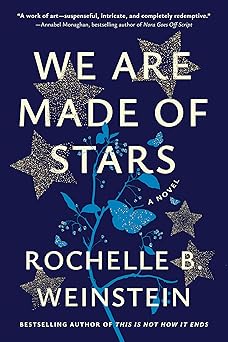
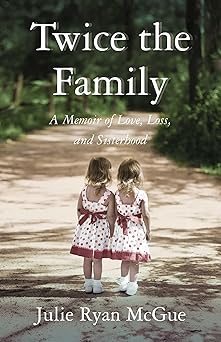
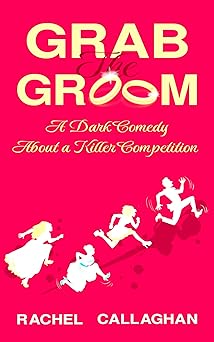
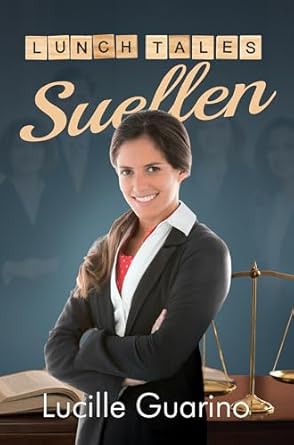

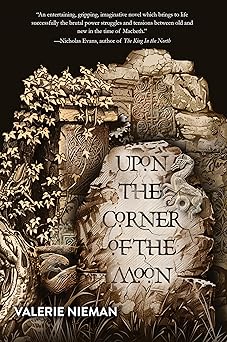
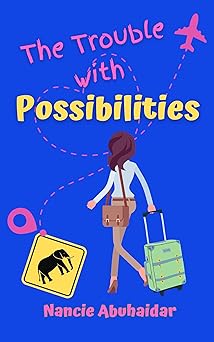
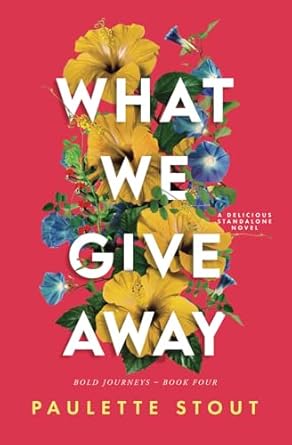
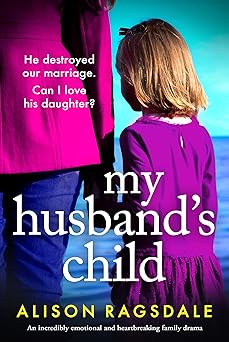
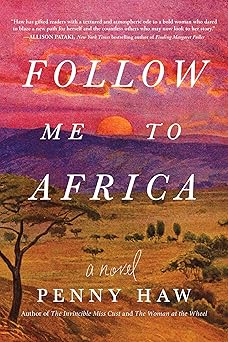
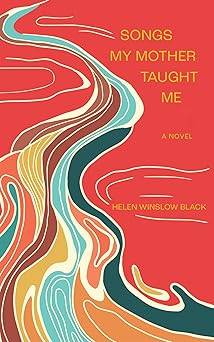
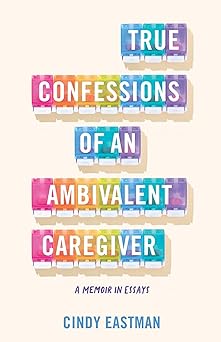
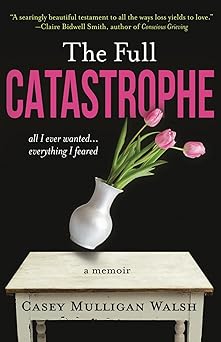
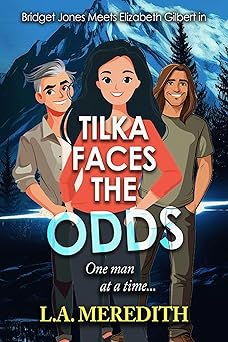
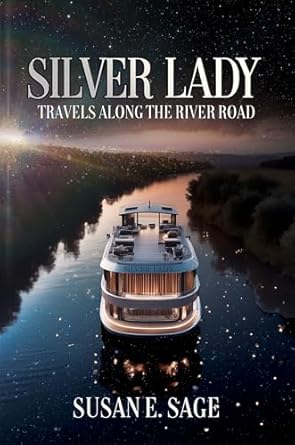
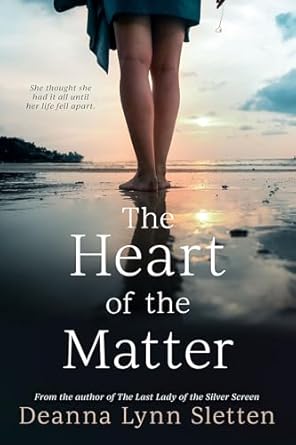
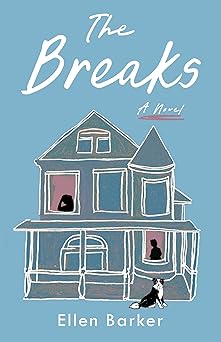
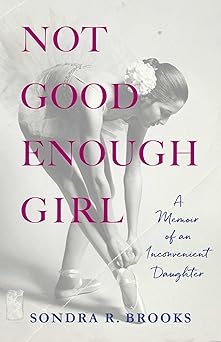
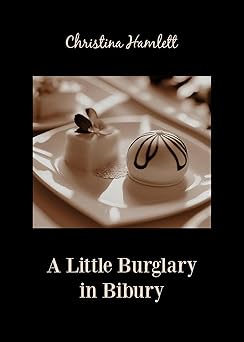
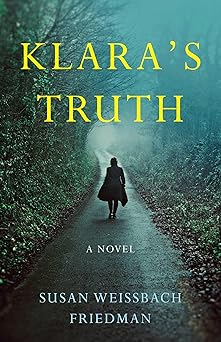
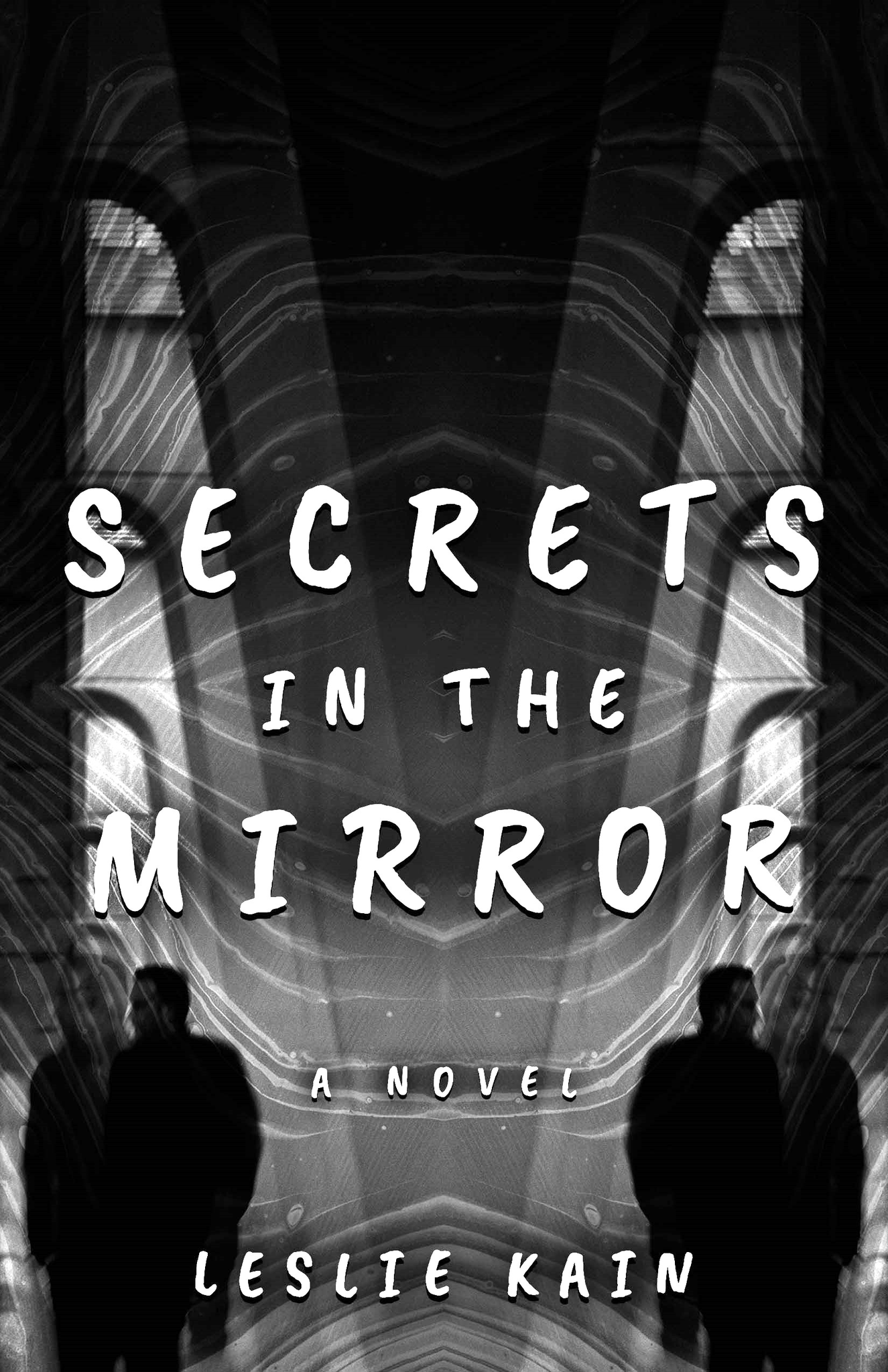
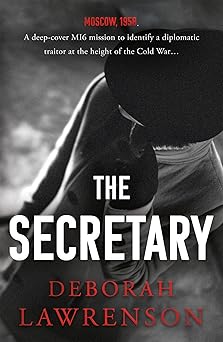
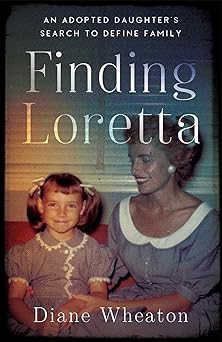
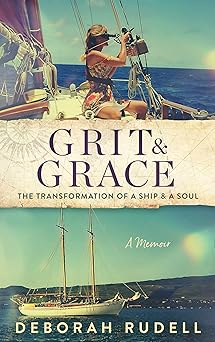
Really enjoyed this interview. I’m so glad you are speaking out about the cliches surrounding Muslim women in Western countries. Though not a Muslim myself, I grew up in a country where Islam is one of the three main religions (along with Hinduism and Christianity) and terrorism is the last thing I associate with Muslims. I also like your alternative definition of freedom! There really are many types of freedom, and the prevailing usage of the word ignores the internal freedom that comes through a different perspective. I’ll certainly look out for your books.